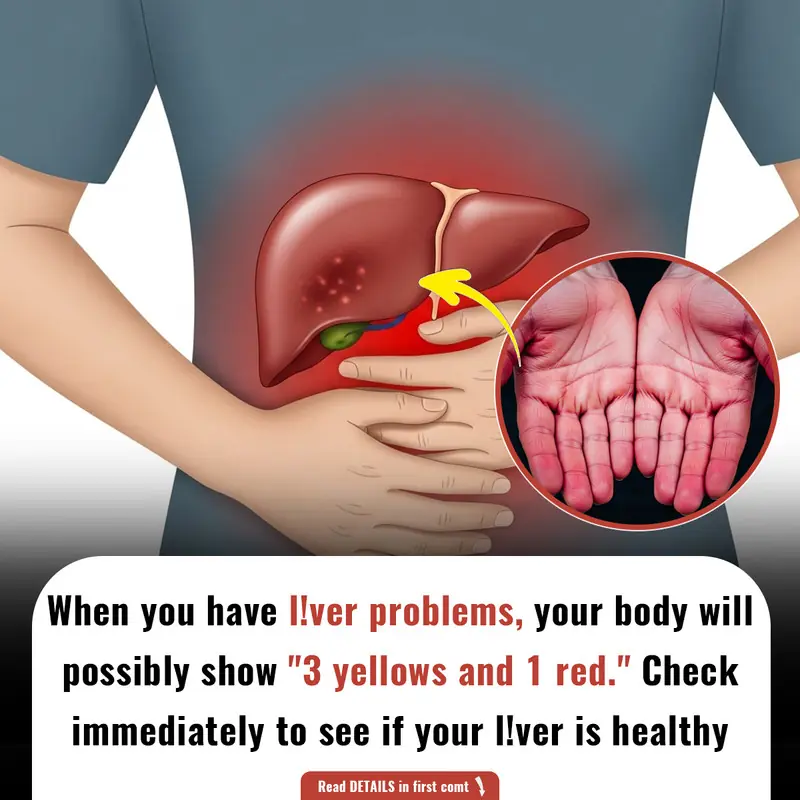
Doctors warn just one glass of this drink a day could increase risk of being diagnosed with cancer
In a concerning new study, experts have found a disturbing link between the most aggressive form of colon cancer and a beverage that nearly two in three Americans consume daily. This revelation has sparked alarm among medical professionals, as it highlights an alarming trend in the increasing diagnosis of colorectal cancer, particularly among younger adults. According to the American Cancer Society, approximately 107,320 people in the U.S. are expected to be diagnosed with colorectal cancer in 2025, with 54,510 men and 52,810 women among those affected.
Colorectal cancer, which affects the intestines, rectum, and colon, is one of the most common types of cancer in the United States. What's particularly concerning is the rising number of cases among individuals under the age of 50, with the annual incidence increasing by as much as 3 percent since 2011. While there has been a decline in colorectal cancer rates among those aged 65 and older from 1998 to 2019, the same period has seen a sharp rise in diagnoses among people between the ages of 20 and 49.
The Role of Sugary Drinks in the Rising Cases of Colorectal Cancer
Although the precise cause of this troubling trend remains unclear, a prominent medical oncologist, Dr. Emma Schatoff from Memorial Sloan Kettering Cancer Center in New York City, believes sugary drinks may be playing a significant role. Dr. Schatoff's findings were shared with the Daily Mail, shedding light on the possible link between sugary beverages and aggressive colon cancer.
"Young people were coming in with metastatic disease, or cancer that had spread everywhere-it was in their liver, lungs, and other organs-and they were very surprised," Dr. Schatoff explained. "We looked at anything that could have raised their risk level. We looked at inflammatory bowel disease and medication use, but found no difference there. Then we looked at diet, and found no link with processed foods or red meat. But we did find a link with high sugar foods in stage four patients diagnosed with the disease for the first time."
High-Sugar Diets and the Link to Aggressive Cancer
According to Dr. Schatoff, a "high sugar diet" was defined as the daily consumption of sugary foods such as a single soda or candy. This revelation adds weight to previous concerns about the harmful effects of excessive sugar consumption on health. What makes this finding particularly alarming is the fact that, nationally, 63 percent of Americans aged 18 or older report drinking sugar-sweetened beverages at least once daily, according to data from the Centers for Disease Control and Prevention (CDC).
This statistic is even more concerning when compared with the rising rates of colorectal cancer among younger people. Dr. Schatoff's research paper, which she led alongside a team of colleagues, analyzed the diet and health history of 303 early-onset colon cancer patients. The average age of the patients was 42, with 51 percent of the total participants being female. Among the group, 112 patients had advanced stage four cancer, while 191 were diagnosed with stages one through three.
A Deeper Dive into the Study's Findings
Dr. Schatoff and her team also analyzed dietary factors that could potentially influence cancer risk. The study found no significant correlation between colorectal cancer and the consumption of fruit, vegetables, fish, poultry, red meat, processed meat, or dairy. Interestingly, however, patients who reported high sugar consumption were significantly more likely to be diagnosed with the most aggressive form of cancer, stage four, which had already spread to distant organs in the body.
This finding is alarming as it suggests that consuming sugary drinks and high-sugar foods may play a pivotal role in the development of advanced-stage colorectal cancer. The association between high sugar intake and more aggressive cancer outcomes points to the importance of diet in cancer prevention, particularly among younger people.
The Dangers of Sugar-Sweetened Beverages
The connection between sugary drinks and cancer has been the subject of growing research in recent years. These drinks, including sodas, energy drinks, and sweetened teas, are high in added sugars and provide little to no nutritional value. Regular consumption of sugar-sweetened beverages has been linked to an increased risk of various health issues, including obesity, diabetes, and heart disease. The current study adds another layer of concern by suggesting that these drinks may also contribute to the development of aggressive cancers.
Sugary drinks are also known to cause rapid spikes in blood sugar levels, leading to inflammation and insulin resistance, which are both factors associated with cancer growth. This underscores the importance of reducing sugary beverage consumption to lower the risk of developing chronic diseases, including cancer.
The Growing Concern Over Early-Onset Colon Cancer
The rising number of early-onset colon cancer cases is a growing concern for public health. While colorectal cancer was once primarily associated with older adults, the trend has shifted in recent years. More and more individuals under the age of 50 are being diagnosed with colorectal cancer, and this shift has raised alarms within the medical community. The reasons for this increase are still unclear, but lifestyle factors, including diet, physical activity, and environmental exposures, are believed to play a significant role.
As Dr. Schatoff's study suggests, sugary drinks may be a key contributor to this troubling trend. The increasing prevalence of sugary beverage consumption, particularly among younger people, could explain why early-onset colon cancer rates are on the rise. The evidence linking sugary drinks to cancer risk highlights the need for greater public awareness about the potential dangers of excessive sugar consumption.
Prevention and Recommendations
While more research is needed to fully understand the link between sugary drinks and colorectal cancer, experts agree that reducing the consumption of sugar-sweetened beverages can significantly lower the risk of developing various health issues, including cancer. Health professionals recommend opting for healthier drink alternatives, such as water, herbal teas, and natural fruit juices, which are lower in sugar and offer more nutritional benefits.
In addition to cutting back on sugary drinks, individuals should focus on adopting a healthy, balanced diet rich in fruits, vegetables, whole grains, lean proteins, and healthy fats. Regular physical activity, maintaining a healthy weight, and avoiding tobacco use are also crucial steps in reducing the risk of cancer and other chronic diseases.
Conclusion: The Urgent Need for Awareness
Dr. Schatoff's study serves as a stark reminder of the potential dangers of sugary drinks, particularly for younger individuals. With the rising rates of early-onset colorectal cancer, it is crucial that people, especially those under 50, become more aware of the risks associated with high sugar consumption. While further research is needed to confirm the exact mechanisms behind this connection, the findings serve as a wake-up call for those who regularly consume sugary beverages.
As the medical community continues to investigate the causes of early-onset colorectal cancer, it is important for individuals to take proactive steps in their own lives to reduce their risk. By making healthier dietary choices and limiting the intake of sugary drinks, people can significantly improve their overall health and lower their chances of developing aggressive forms of cancer. The connection between sugary drinks and colorectal cancer may still be under investigation, but one thing is clear: taking control of our diet today can help prevent devastating health consequences in the future.
News in the same category

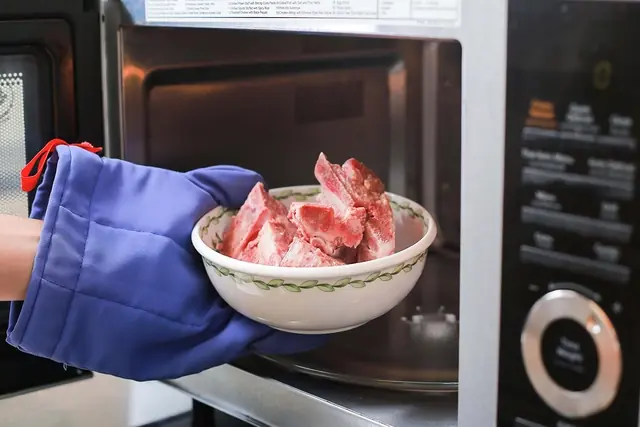
4 Common Meat Thawing Mistakes That Could Put Your Family's Health at Risk
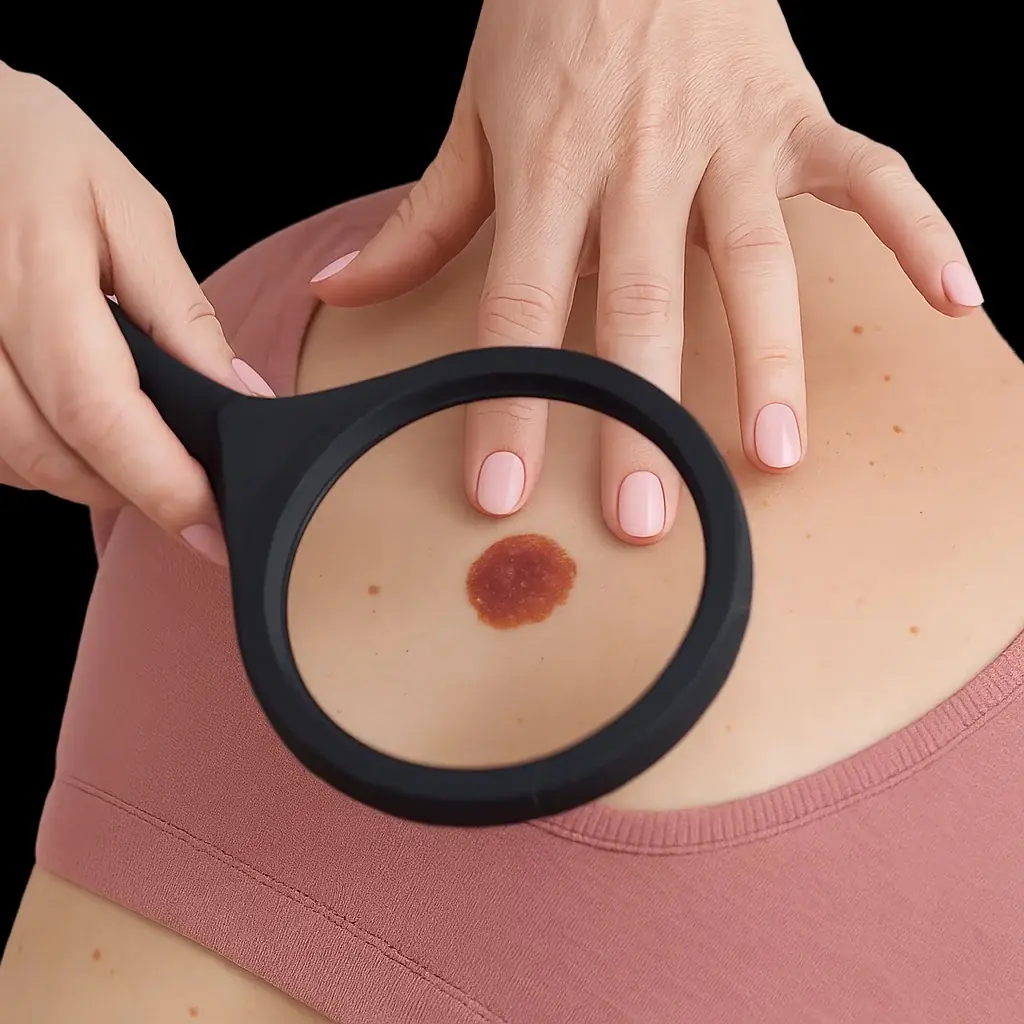
Doctor reveals two little-known signs of skin cancer that everyone misses
Along with the more obvious signs such as changes in moles, these hidden symptoms should be taken seriously.

Why You Should Unplug the Hotel TV Immediately After Checking In

Doctor warns of alarming health risks of sleeping with a fan on during a heatwave
As the heatwave looms and temperatures continue to rise, it is essential for individuals to consider the hidden health risks associated with sleeping with a fan on.
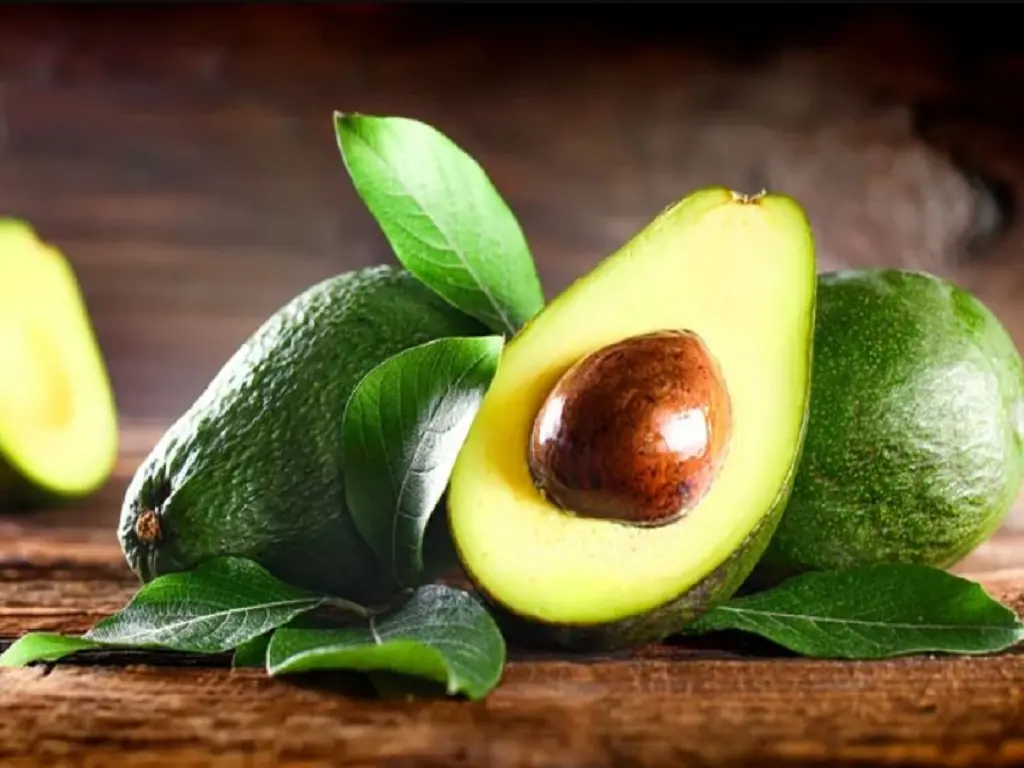
How to Keep Ripe Avocados Fresh and Creamy for Days

Secret cleaning tip: how to keep your floors clean and dust-free for seven days

How to Tell the Difference Between Naturally Ripened Durian and Chemical-Ripened Ones

3 Simple Items That Help Save Electricity for Your Fridge
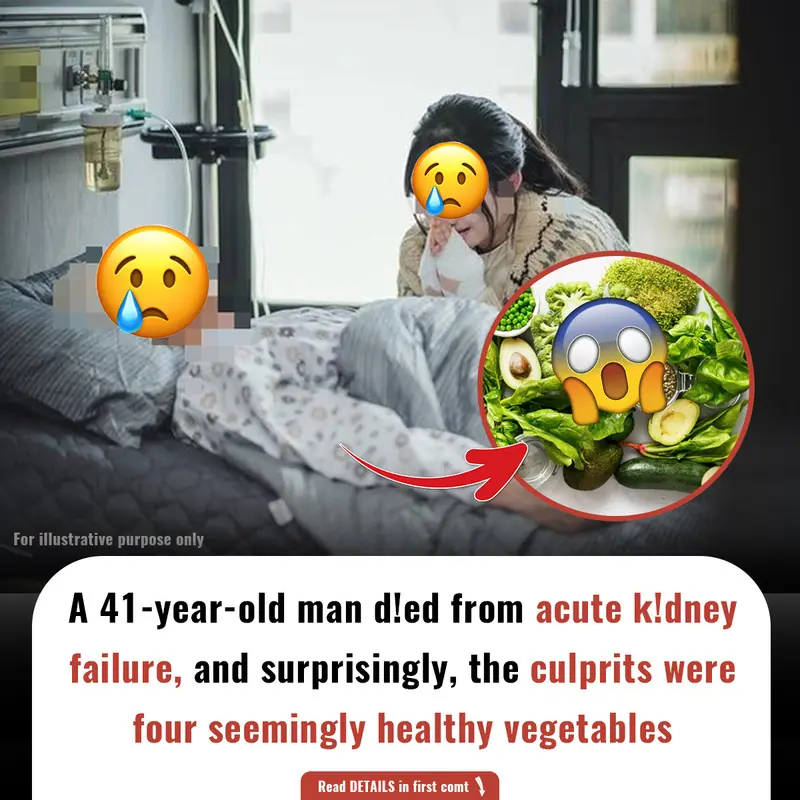
The Silent D@nger: 4 'Healthy' Vegetables That Can H@rm Your Kidneys
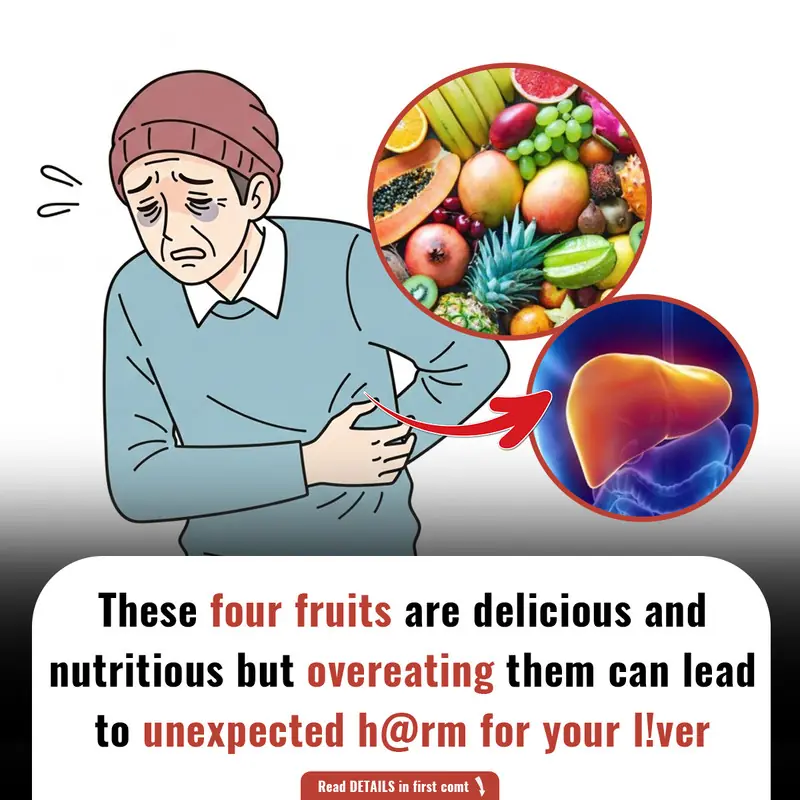
Top 4 Fruits to Limit for a Healthier Liver

Why Smart People Never Set Their Air Conditioner to 26°C at Night

How to Position Your TV in the Living Room for Optimal Health and Wealth

Hidden D@ngers on Your Dinner Plate: 3 Common Vegetables That May Be D@m@ging Your Digestive Health

Many Confuse This Plant with a Weed, But It’s Actually Full of Surprising Health Benefits
From providing omega-3 fatty acids to supporting heart, bone, and kidney health, purslane offers a wide range of benefits.

Doctor reveals the one sound people make that means they have under 24 hours left to live
This phenomenon is most commonly observed as the person drifts in and out of consciousness, and their breathing becomes more labored.

Don't Underestimate This Common Feature of Rice Cookers: It Could Be Harmful to Your Health

Smart People Know This Trick: Save Up to 50% on Your Monthly Electricity Bill by Adjusting Your Air Conditioner

Why Smart People Often Insert a Key into the Door When Sleeping: A Simple Habit with Big Benefits
News Post
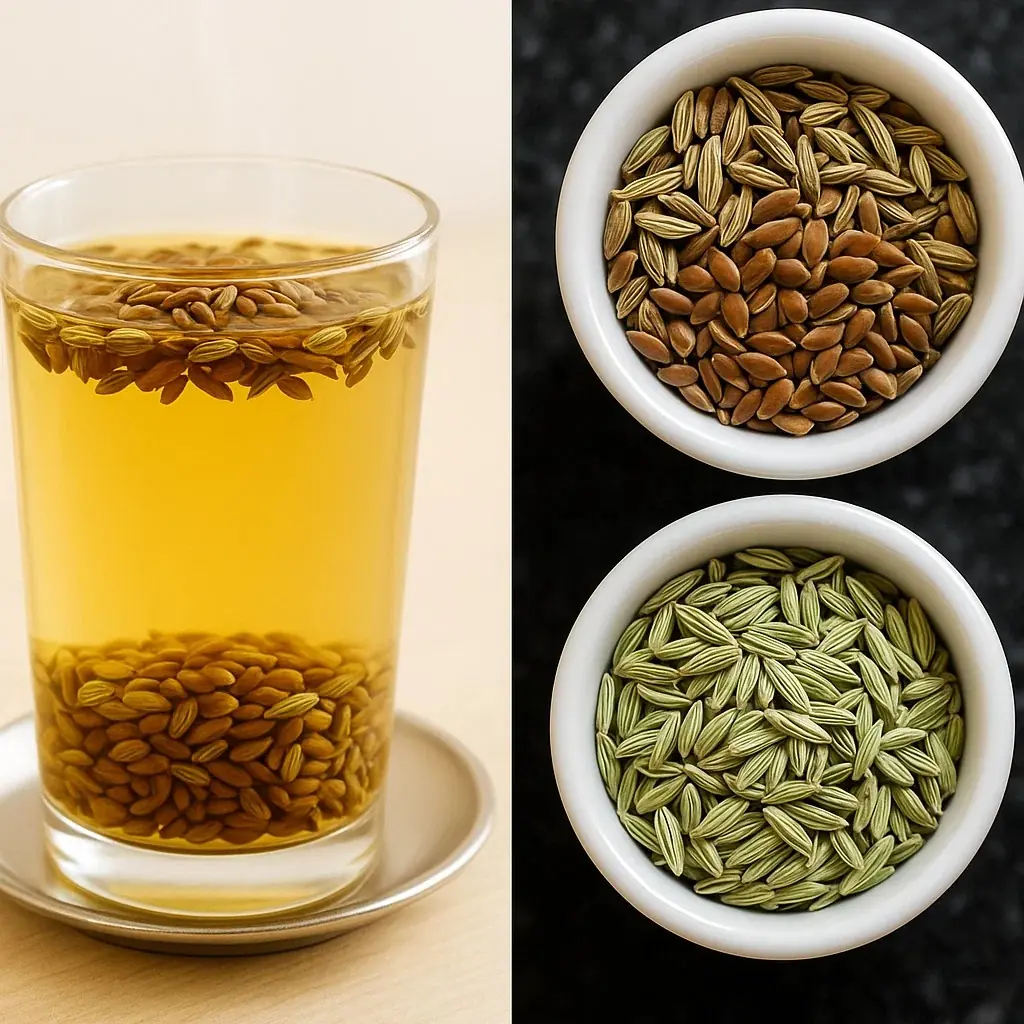
DIY 3 Seed Drink For Losing Weight Fast: Natural, Effective, and Easy to Make
By combining cumin, fennel, flaxseeds, carom seeds, and ginger, you can support your body’s natural fat-burning processes, improve digestion, and reduce bloating. This natural remedy is affordable, easy to make, and free from harmful chemicals.

3 Yellow Signs and 1 Red Flag: Check Now to See If Your Liver is Healthy

4 Common Meat Thawing Mistakes That Could Put Your Family's Health at Risk
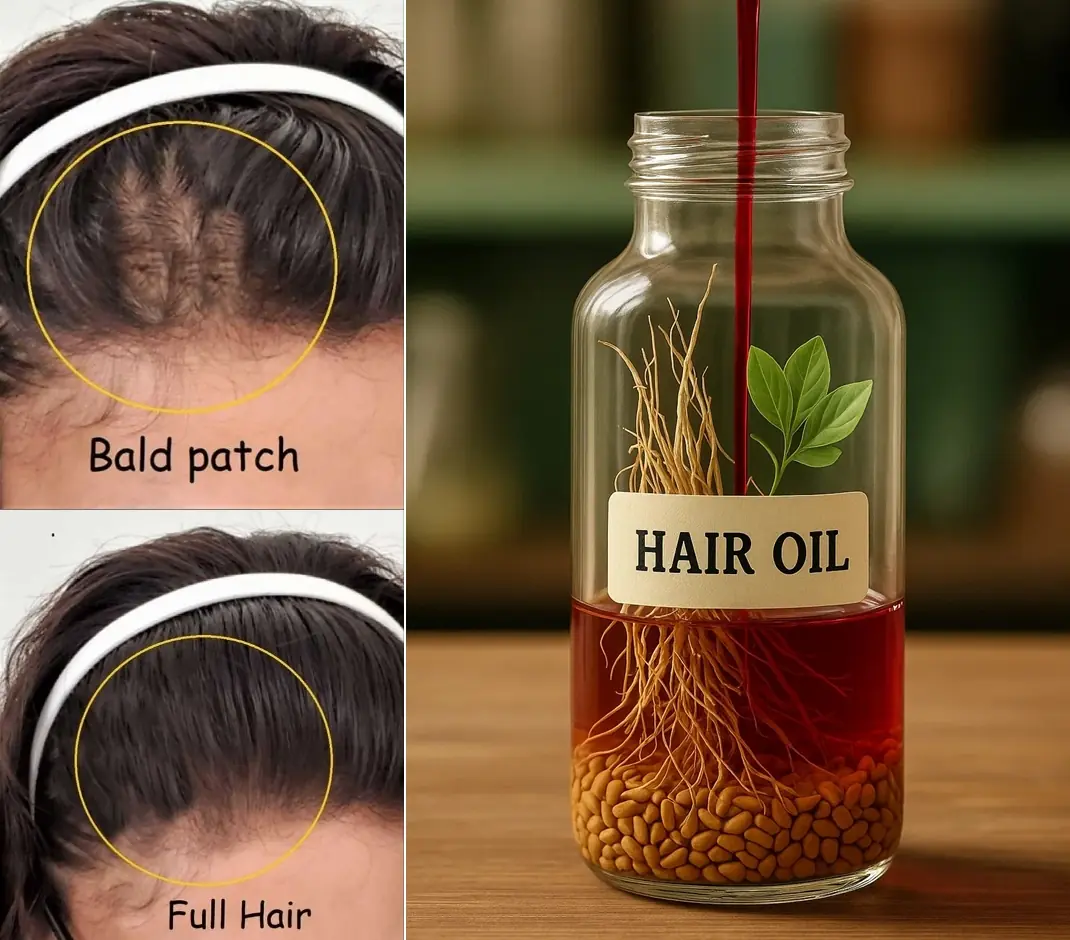
Ancient Indian Hair Oil Remedy: Get Crazy Hair Growth Naturally
The ingredients in this ancient Indian remedy work together to nourish and revitalize the scalp, providing your hair with the nutrients it needs to grow strong, thick, and beautiful.
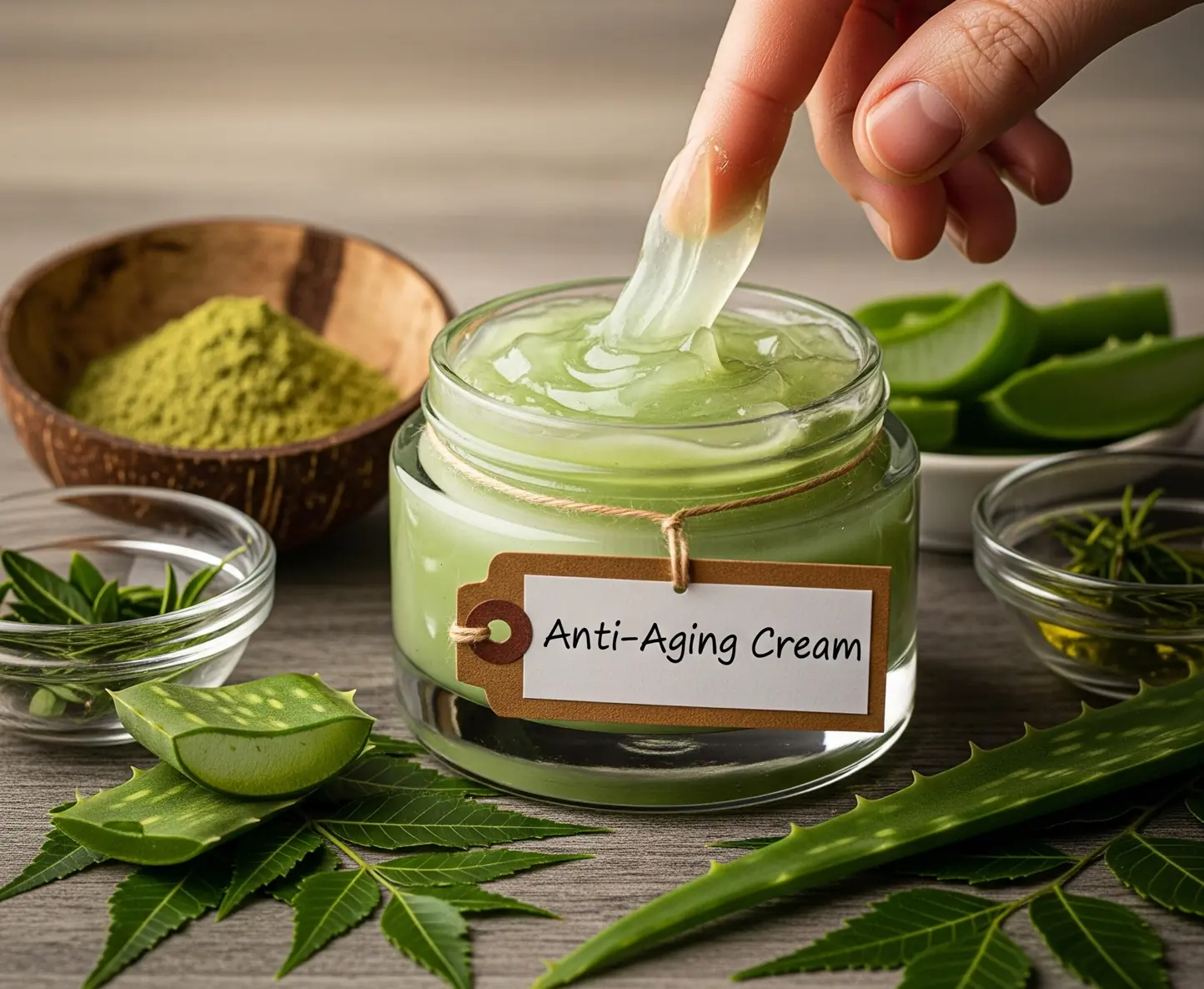
Homemade Neem Gel for Clear and Flawless Skin: Your Ultimate Natural Solution for Acne, Blemishes, and Aging
Incorporating neem gel into your skincare routine is a simple and effective way to achieve clear, healthy, and radiant skin.

Doctor reveals two little-known signs of skin cancer that everyone misses
Along with the more obvious signs such as changes in moles, these hidden symptoms should be taken seriously.

Why You Should Unplug the Hotel TV Immediately After Checking In

Doctor warns of alarming health risks of sleeping with a fan on during a heatwave
As the heatwave looms and temperatures continue to rise, it is essential for individuals to consider the hidden health risks associated with sleeping with a fan on.

How to Keep Ripe Avocados Fresh and Creamy for Days

Secret cleaning tip: how to keep your floors clean and dust-free for seven days

How to Tell the Difference Between Naturally Ripened Durian and Chemical-Ripened Ones

Homemade Eye Roll To Get Rid Of Dark Circles: The Ultimate Natural Remedy for Dark Circles
The homemade eye roll remedy we’ve shared today combines the soothing, brightening, and hydrating powers of olive oil, aloe vera, lemon zest, and raw milk to help reduce puffiness, lighten dark circles, and restore the vitality of the delicate skin arou

3 Simple Items That Help Save Electricity for Your Fridge

The Silent D@nger: 4 'Healthy' Vegetables That Can H@rm Your Kidneys

Top 4 Fruits to Limit for a Healthier Liver

Natural Remedy to Reverse Grey Hair: Unlocking the Secrets to Rejuvenate Your Hair Color
This DIY remedy offers a holistic approach to hair health-nourishing from within and the outside.
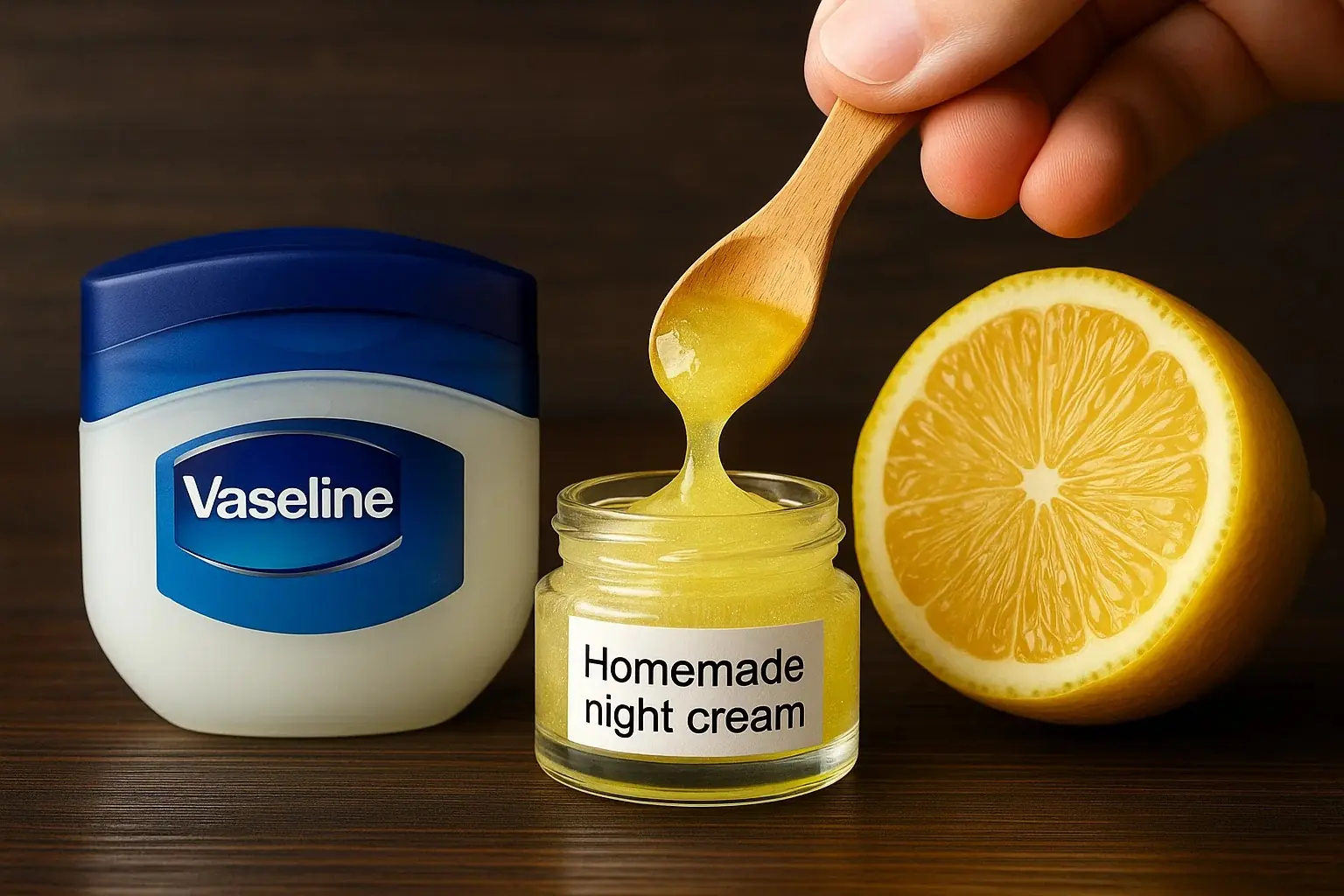
5 Powerful Ways to Use Vaseline for Anti-Aging: Natural Remedies for Smoother, Wrinkle-Free Skin
Try these 5 homemade Vaseline treatments today, and enjoy youthful, wrinkle-free, and radiant skin with the power of nature!
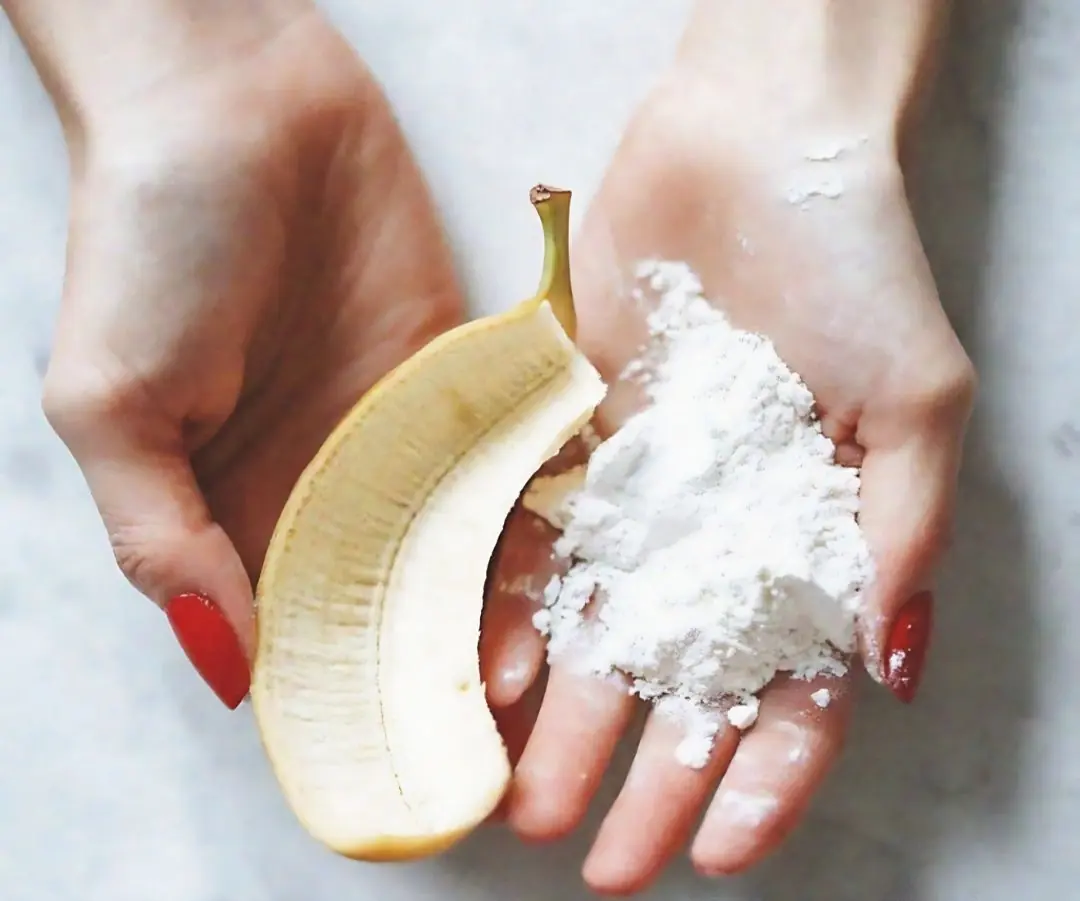
Erase Wrinkles and Achieve Glowing Skin Naturally: The Ultimate Banana Face Pack for Youthful Radiance
By incorporating natural ingredients like banana peels, rice, cornstarch, and lemon juice, you can nourish your skin and achieve a radiant, youthful complexion without harsh chemicals or expensive treatments.

Why Smart People Never Set Their Air Conditioner to 26°C at Night
